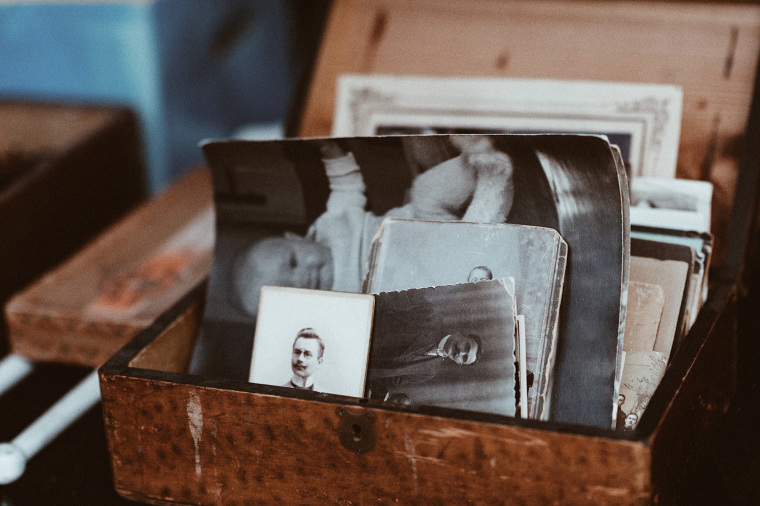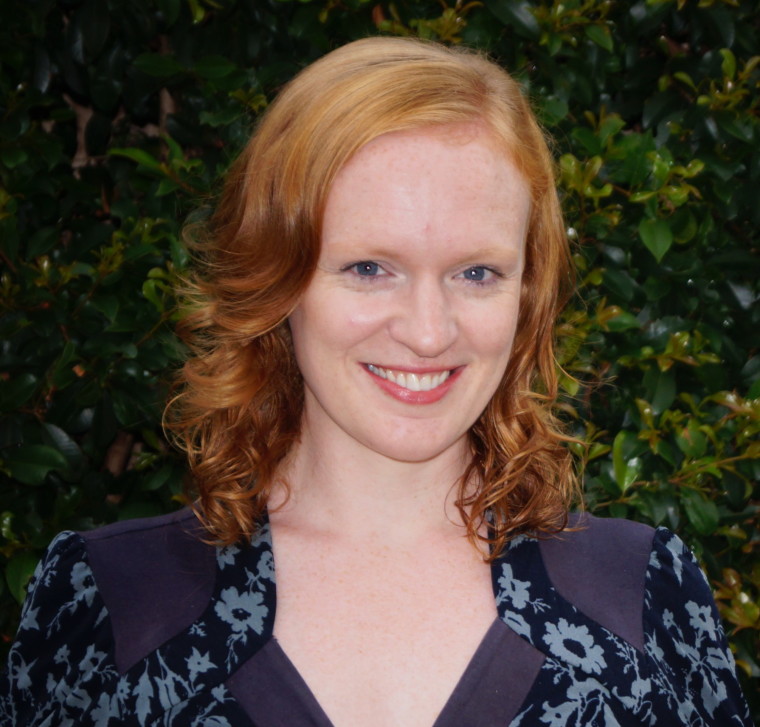
Not too long ago Ben Affleck was accused of selectively editing his family history. Affleck discovered he was a descendant of slave owners while filming for the US TV show Finding Your Roots and was so ashamed that he talked producers into removing the incriminating details.
But when an investigation revealed Affleck's influence over the content of the broadcast the show was pulled off the air. Affleck wrote about his motivation, 'I didn't want any television show about my family to include a guy who owned slaves. I was embarrassed'.
Affleck's dilemma reveals a lot about our cultural fascination with our past—we are equally captivated by our history and fearful of what digging into our past might turn up.
In an article for Salon Eviatar Zerubavel writes about our 'deep obsession with ancestry'. Our knowledge of the past shapes who we become, argues Zerubavel, 'our ancestral background affects not only how others see us but even how we experience ourselves. Indeed, knowing who our ancestors were is fundamental to our sense of who we are.'
In 2014 TIME magazine claimed genealogy was the second most popular category of websites on the Internet, after pornography. Our globally connected world has made it possible for us to access genealogy records across the planet, in the hope they might reveal our heritage.
However, real life is rarely as straightforward as we'd like to imagine—a truth reflected by the complexity of history. So often we attempt to frame people in black and white terms—heroes and villains—with no shades of grey.
A legacy of grace
At age 14 Amanda Neil discovered she was the great-great-great-great granddaughter of Thomas and Jane Kendall, some of the first Christian missionaries sent to New Zealand. This discovery sparked a passion for researching her genealogy, 'My years of research have shown me that the "artisan" or "mechanic" missionaries left a legacy of grace that has largely gone untold' she says.
Recorded history has not always been kind to these early pioneers, choosing to tell the stories of their failures, rather than the stories of their earnest efforts and good intentions.
In 1814 the Kendall family moved to New Zealand to share God's love with Maori. Thomas Kendall was an early pioneer in seeking to catalogue and translate the Maori language from oral form into a written dialect.
The Kendall pioneers had a tumultuous time on their arrival to New Zealand. The small mission station had been set up to reach local Maori people; but hard times meant the missionaries were forced to rely on their Maori friends to help keep them going.
In-fighting, confusion over the leadership of the mission, and a misunderstanding about musket trading led to a catastrophic breakdown in relationship between the Kendalls and other missionaries. When it was discovered that both Thomas and Jane Kendall had committed adultery they were forced to part ways with the New Zealand mission and considered outcasts.
This is where the Kendalls' story stops in a lot of New Zealand history books, reducing their efforts to notorious musket trading and sleeping around; but their descendant Amanda Neil is convinced the greater story needs to be told—a story of faith, optimism, mistakes, redemption, and most importantly, a story of God's grace.
Thomas and Jane Kendall asked for forgiveness and reconciled, staying on in New Zealand for as long as they could. 'Kendall's commitment to Maori was evident in his passion for understanding their language and their way of life. The Kendall family remained to serve the Maori community even in the toughest of times' writes Neil.
The rift in their relationship with the Church Missionary Society was an on-going source of hurt for the Kendall family, even after they moved on from New Zealand. Thomas Kendall continued to write to the CMS asking for forgiveness and, had they been allowed, the family would have loved to return to New Zealand to continue working with Maori.
By 1832 he was still trying to get his updated life's work on the Maori language published, in order to help the New Zealand mission. Unfortunately, he was drowned in a ship wreck and his manuscripts were lost.
Nearly 200 years later I had the privilege of traveling to Rangihoua—the site of the original mission station—with Amanda Neil. A crowd watched as the current leaders of CMS (in New Zealand and the UK) officially extended their welcome and embrace to the descendants of Thomas and Jane Kendall. It was clear that God's Spirit was bringing restoration and reconciliation after many years of brokenness.
It was a privilege to hear the story of the Kendall family told in more detail, to recognise their contribution to early New Zealand history and to give thanks for the grace of God at work in their lives.
Reconciling the past with the future
Amanda Neil's courage and persistence in telling the story of her ancestors speaks volumes about what it means to reconcile our past with our future. As a woman of faith—just like her forebears—she understands the ultimate story is not about us, or even about our ancestors. The ultimate story belongs to God.
I am grateful for this, as I know there are far too many shades of grey in my own life for me to ever be seen as a true hero. I am fallible and weak.
In the digital age my ancestors will be able to read all about my likes and dislikes, and even see what I had for breakfast (thanks Instagram!). What will history say about me? Will I be reduced to a collection of saccharine quotations and cute pictures? Or will my life point to something, someone, greater?

Sophia Sinclair's previous articles may be viewed at http://www.pressserviceinternational.org/sophia-sinclair.html